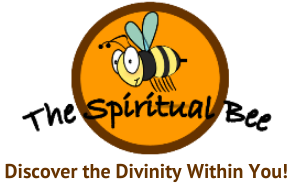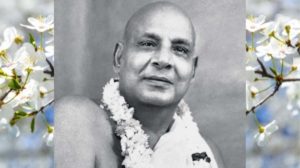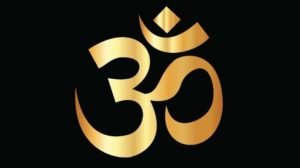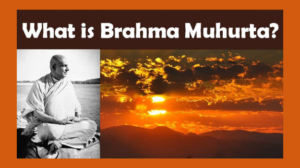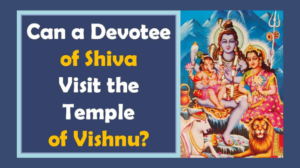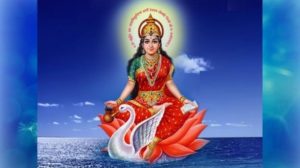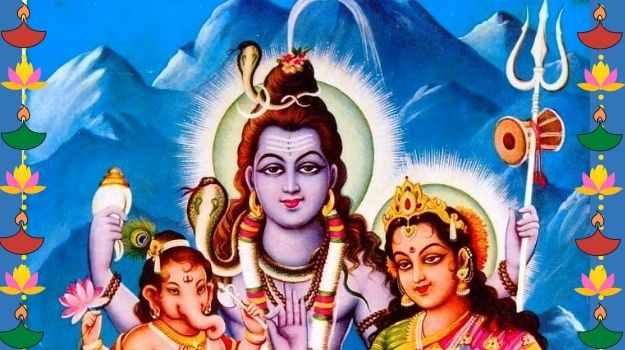
The enclosed beautiful explanation of the Mahamrityunjaya Mantra has been given by Swami Sivananda in the book: Yoga Questions and Answers
MAHAMRITYUNJAYA MANTRA
Om Tryambakam yajanmahe sugandhim pushti vardhanam,
Urvaarukamiva bandhanat mrityuormuksheeya maamritat
Translation: We worship the three-eyed One (Lord Siva) who is fragrant and who nourishes all beings; may He liberate us from death for the sake of Immortality even as the cucumber is severed from its bondage (to the creeper).
Connect your consciousness with the Infinite Consciousness of God-realized sages. Subscribe to daily quote broadcast via WHATSAPP OR INSTAGRAM OR TELEGRAM
Benefits of Chanting the Mahamrityunjaya Mantra
- The Maha Mrityunjaya Mantra is a life-giving Mantra. In these days, when life is very complex and accidents are an everyday affair, this Mantra wards off death by snake-bite, lightning, motor-accidents, cycle-accidents, water-accidents, air-accidents and accidents of all descriptions.
- It is also a Moksha Mantra. It bestows long life (Deergha Ayush), peace (Shanti), wealth (Aishwarya), prosperity (Pusthi), satisfaction (Tushti) and immortality (Moksha).
- On your birthday, repeat this Mantra one lakh times or at least 50,000 times; perform Havan and feed Sadhus, the poor and the sick. This will bestow on you long life, peace and prosperity.
- When the mind becomes ripe with the true knowledge of Paramatma, the soul gets liberated from the bonds of birth and death. This is called Moksha. The Tryambaka mantra epitomizes the special kind of Moksha which accrues by the grace of Tryambaka, the three-eyed Siva.
Besides, it has a great curative effect. Diseases pronounced incurable by doctors are cured by this Mantra, when chanted with sincerity, faith and devotion. It is a weapon against diseases. It is a Mantra to conquer death.
Detailed Meaning of the Mahamrityunjaya Mantra
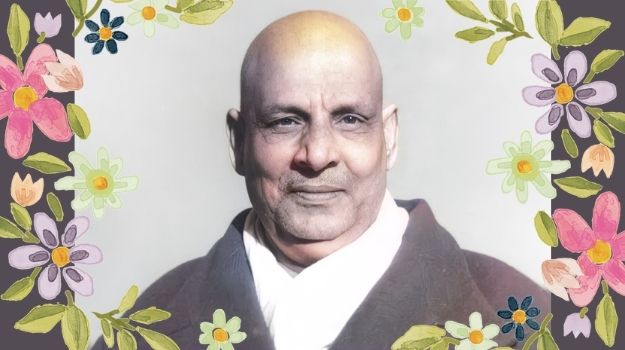
The mantra conveys the meaning that one is released from mortality by the grace of Siva in the same way as the cucumber fruit gets separated from its stalk. Every fruit, when fully ripe, is sweet, though it may have been bitter or sour when unripe.
Similarly, when the soul becomes ripe through devotion, it is filled with the sweetness and joy that come from Jnana (knowledge of God). All fruits fall down from the branches on top, at the roots below, signifying that the root is their source, sustenance and ultimate sanctuary.
The ripe soul, however, is the fruit of the tree of Samsara, whose roots are on top (Oordhva moolam) and whose branches grow down below. So the passage of the liberated soul is upward (Oordhvagati). Strictly speaking, there is no gati or going, for the soul. It is released at the very place where it existed.
That is why the example of cucumber fruit is given. This fruit does not fall down but gets detached even without the fruit knowing it. Similarly the liberated one does not give up the world; the world gives him up.
Remembering that this life has been vouchsafed to us to get rid of future births and deaths, let us pray to the God of our heart, to obtain His grace to qualify for this kind of liberation of the soul, “cucumber mukti.”
